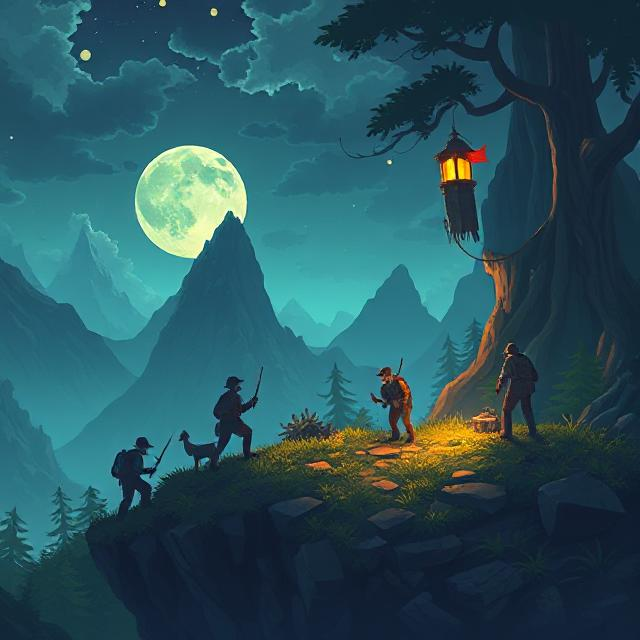Esports has evolved from a niche hobby into a multi-billion-dollar industry, complete with professional teams, live-streamed tournaments, sponsorship deals, and dedicated fanbases. At the heart of esports is competitive gaming, where players, teams, and organizations compete at the highest level in a variety of games like League of Legends, Counter-Strike: Global Offensive, Dota 2, and Fortnite.
Esports differs from traditional gaming in several ways. Firstly, it emphasizes skill, teamwork, and strategy, often requiring years of practice and commitment to excel. Professional gamers are akin to athletes, dedicating their time to refining their skills, understanding game mechanics, and working with coaches to improve their performance. Teams, sometimes backed by large corporations, train intensely, studying their opponents, perfecting their tactics, and practicing together in order to win tournaments and secure sponsorships.
The competitive aspect extends beyond just the games themselves. In esports, the thrill of competition is supplemented by live streaming platforms like Twitch and YouTube, where fans can watch their favorite players and teams in action. These platforms offer real-time commentary, analysis, and social interactions with viewers, making esports an engaging spectator sport. Tournaments, like The International for Dota 2 or the League of Legends World Championship, draw millions of viewers, offering prize pools that rival traditional sports events.
While esports has been growing rapidly in recent years, it still faces challenges in terms of mainstream acceptance and recognition. Despite the massive audiences and high-profile sponsorships, esports often struggles to be seen as equal to traditional sports. However, this is slowly changing, with universities offering scholarships for esports athletes and larger organizations treating esports as a legitimate form of competitive sport.
Esports has not only changed how people view competitive gaming but has also paved the way for a new generation of players, coaches, analysts, and fans who see gaming as a serious and valuable profession. The future of esports looks bright, with continued growth in both its audience and its influence in the broader gaming industry.


Leave a Reply